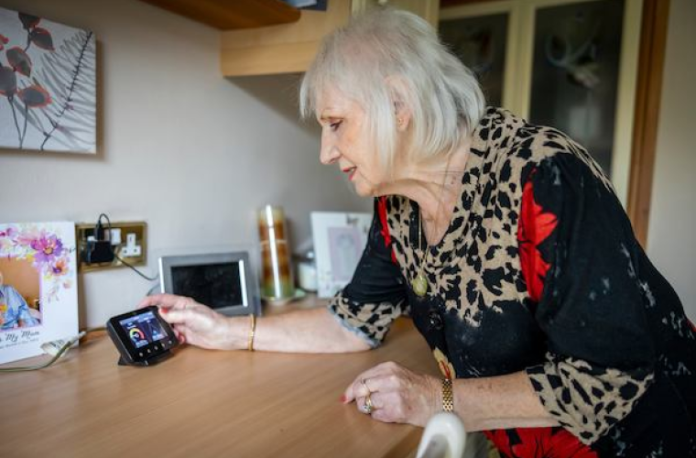Local health chiefs are warning that the increase in costs of essential food items and energy has created a ‘second health emergency’ after the COVID-19 pandemic.
At this week’s virtual Annual Public Health Conference, which starts today, the Local Government Association (LGA) and the Association of Directors of Public Health (ADPH), said the rising cost of living is having significant health consequences, particularly in those communities that have higher levels of deprivation already.
The LGA and ADPH are today publishing their Annual Public Health report, which has found that people with least financial resilience are affected the most, but increasing numbers of people who were previously ‘just about managing’ now need support.
Despite the best efforts of councils and their directors of public health, who have provided support such as dedicated warm hubs and access to affordable food, the LGA is concerned that current health inequalities could be widened.
The report marks the 10th anniversary of the transfer of public health responsibilities to local authorities, with it finding that a year of uncertainty about the direction of public health policy and the approach to tackling health inequalities has concerned local directors of public health.
However, it found that councils, the NHS and the voluntary and community sector have upped their game once again to respond to the rise in the cost of living, building on relationships forged during the response to COVID-19.
Economic prosperity and health go hand in hand but the links between the two need to be much more widely understood. Councils are calling on the Government to address this challenge by making long-term increases to local public health funding, which can go to support those in communities who need it the most.
Cllr David Fothergill, Chairman of the LGA’s Community Wellbeing Board said:
“The increase in the cost of living is having a real impact on our local communities, particularly in areas with higher levels of deprivation.
“Councils have been doing what they can to help; bringing together partners from the NHS and voluntary sector to support those who need it the most. Building on the experience of the pandemic, public health is at the forefront of each local response.
“However public health services, such as for sexual health or school nurses which are crucial in helping to relieve the pressure on our health and care system, continue to face challenging financial circumstances.
“To address this, the Government should provide long-term funding increases to public health services, which do so much to improve health outcomes in our local communities.”







